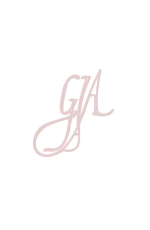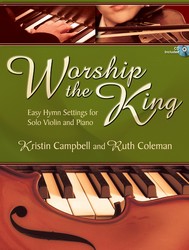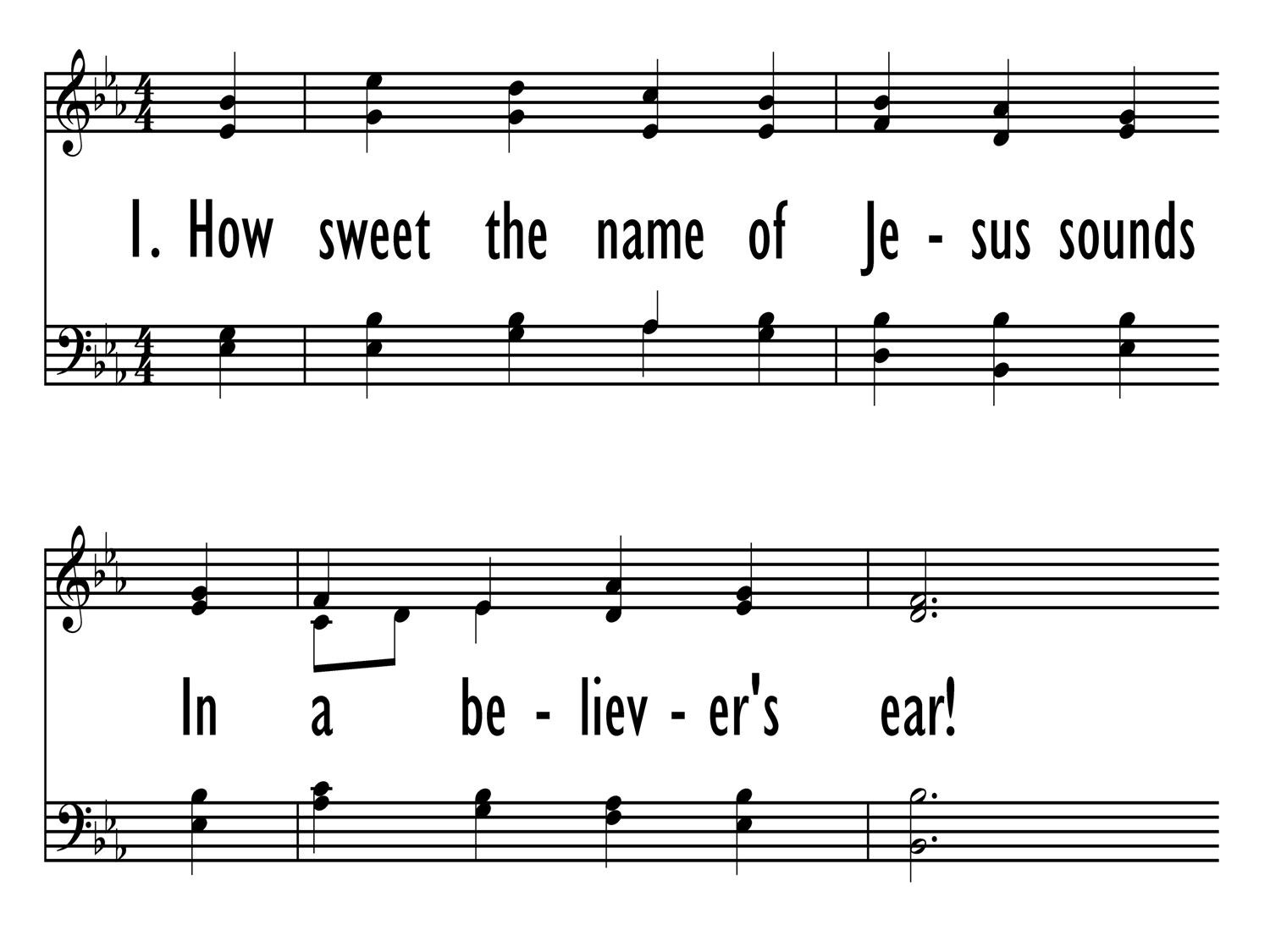"For if, O Lord,
Thou ours wilt be,
We can give up the rest,
Our souls possess'd alone of Thee,
Are infinitely blest."
[Rev. James Mearns, M.A.]
O God of Bethel, by Whose hand, p. 832, i,, iii. E. Darracott's version of this hymn was included in The Star of the West, being Memoirs of the Life of the late Bisdon Darracott, London, 1813, pp. 40,41, as a hymn written after his marriage, which took place in Dec. 1741. Hence has arisen the modern claim for Darracott as the author of the hymn, as against the claims of Doddridge. The Darracott version, as the editor of the Memoirs remarks, excites "no high idea of his poetic genius." Besides… Read More
O God of Bethel, by Whose hand, p. 832, i,, iii. E. Darracott's version of this hymn was included in The Star of the West, being Memoirs of the Life of the late Bisdon Darracott, London, 1813, pp. 40,41, as a hymn written after his marriage, which took place in Dec. 1741. Hence has arisen the modern claim for Darracott as the author of the hymn, as against the claims of Doddridge. The Darracott version, as the editor of the Memoirs remarks, excites "no high idea of his poetic genius." Besides rewriting the hymn to adapt it to his circumstances in 1741, Darracott added the following concluding stanza:—
"For if, O Lord,
Thou ours wilt be,
We can give up the rest,
Our souls possess'd alone of Thee,
Are infinitely blest."
[Rev. James Mearns, M.A.]
--John Julian, Dictionary of Hymnology, New Supplement (1907)
Read Less

 My Starred Hymns
My Starred Hymns









